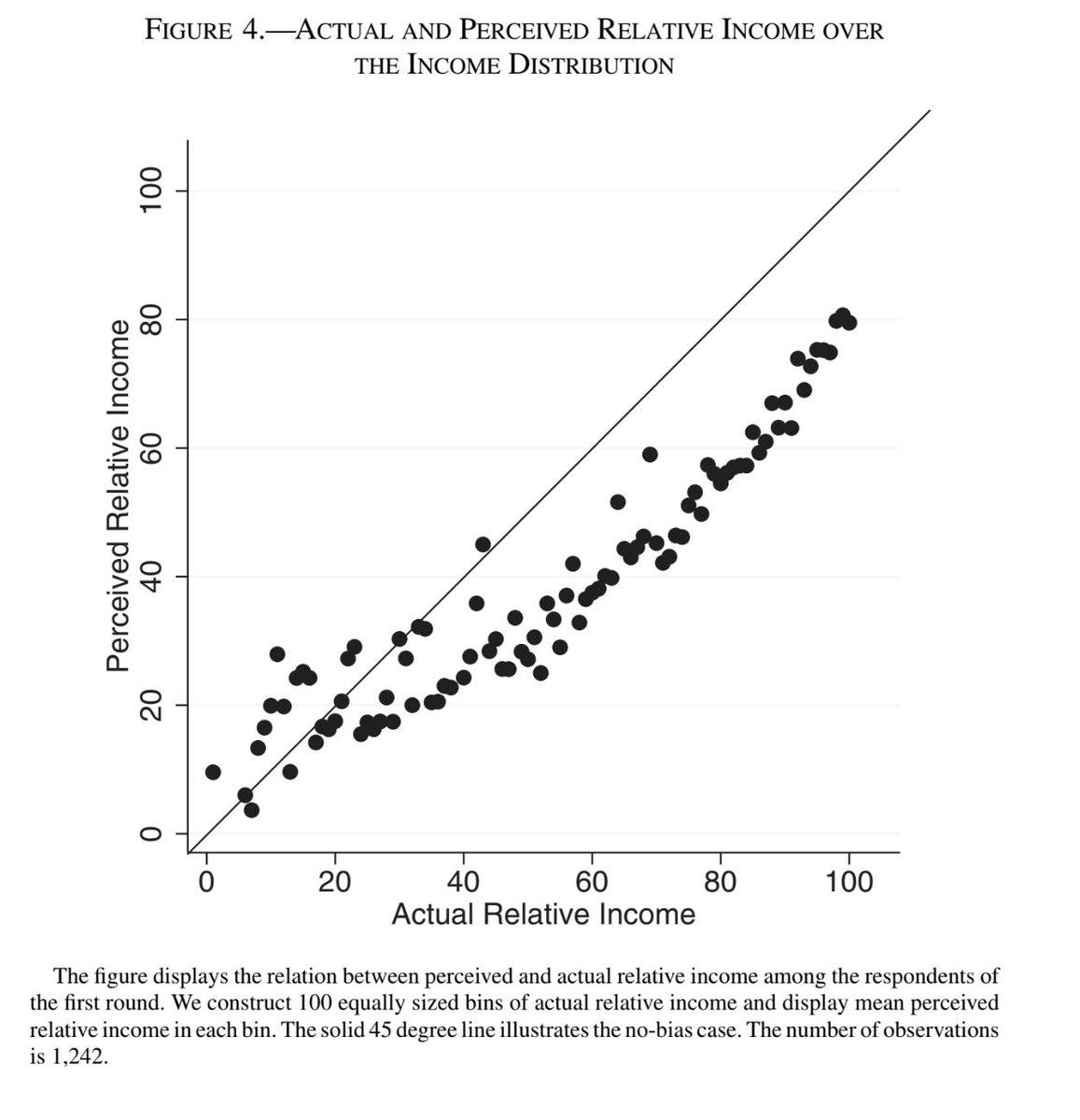Transmission #31: Fake design, Klosterman & Cowen, in defence of generalists, and white-collar super-workers.
Design, ideas and other flotsam
Hello. Welcome.
This is Transmissions by me, Martin Brown. Father. Husband. Design Lead at Craig Walker, sometime lecturer at RMIT. Marty to most.
This is an ongoing fortnightly newsletter that collates some of the more interesting stories, links, quotes and other curios that float my way.
If you’re new here, then sign up now to get more of these in your inbox, and don’t forget to tell your friends!
Design
Jobfished: the con that tricked dozens into working for a fake design agency
Leo Sands, Catrin Nye, Divya Talwar and Benjamin Lister, BBC News
One of the most fascinating postscripts of the 21st century so far is that the Cambridge Analytica scandal of 2018 was, in fact, more of an overly optimistic sales pitch taken at face value, than anything genuinely nefarious. (Psychographic targeting is not effective, and even if it was, Cambridge Analytica wasn’t very good at it.)
In a similar vein, this article explores the often yawning chasm between reality and a sales pitch. This story, thankfully, is set in the comparatively low-stakes environment of a ‘human-centred digital design agency born in London, running worldwide.’
And it’s a beauty.
‘Madbird’ was an idea for a digital agency. And, of course, every great business starts with an idea. But then Madbird starts hiring, and the truth gets stretched and stretched. And stretched. And… well, the headline is the spoiler, but it’s worth reading. And perhaps thinking of the business that Madbird might have been if it had snared those crucial first few clients.
Probably humming along in the same liminal space between optimistic vision and actually reality that a lot of agencies have occupied since forever.
Ideas
Chuck Klosterman on Writing the Past and Relishing the Present
Tyler Cowen and Chuck Klosterman, Conversations with Tyler
This conversation absolutely ripples with humour and insight. It’s worth listening to the podcast, if you get a chance, but the transcript is great too. Klosterman has been a vivid observer of culture and sports for several decades now, and Cowen is a vivid observer of seemingly everything, and it’s a delight to hear their views on a wide range of topic from the slow cancellation of the future, to Seinfeld, to college basketball.
The All
Ross Simonini, Believer Magazine
I usually call myself a designer, though I’m really a generalist who’s found a home in the world of design. So I felt some affinity with Ross Simonini, who explores this concept of being a generalist through this discursive yet enlightening essay.
While expressing the attraction we tend to feel toward extreme specialists (“Specialism is a sensational gamble. Investing everything in a single asset is an impressive if volatile proposition; we all want to watch the spectacle of someone putting everything on the line”), Simonini makes a strong case for the societal usefulness and intrinsic satisfaction to be found in having generalist, diverse interests.
He also peppers the essay with short stories of some extraordinary generalists, including this one:
Lonnie Johnson was born in 1949. As a boy, he was inspired by George Washington Carver, who transformed agriculture through the invention of crop rotation, and who helped popularize environmentalism. Johnson studied mechanical and nuclear engineering before working for the US Air Force, where he developed the stealth bomber. Later, at NASA, he cocreated the power source for the Galileo mission to Jupiter. Johnson also used his weapon-engineering skills to invent the Super Soaker water gun, one of the most popular water guns in the world, and a toy I personally enjoyed as a child. Soon after, he developed the N-Strike range of Nerf dart guns. He holds over one hundred patents, and in 2015 the Super Soaker was inducted into the National Toy Hall of Fame.
The Five-Day Workweek Is Dying
Derek Thompson, The Atlantic
The headline says it all. “What once seemed like a hot take is becoming a stone-cold reality: For tens of millions of knowledge-economy workers, the office is never coming all the way back. The implications—for work, cities, and the geography of labor—will be fascinating.”
Dror Poleg adds an interesting addendum to this notion: once you remove the requirement that work needs needs to be tied to a physical location, do you unleash a winner-take-most marketplace of white-collar super-workers, as we already see in actors and athletes?


Quotes
David Hall, a linguist at Queen Mary University of London, has written of the organic emergence of a new pronoun, “man,” which, depending on its context, can mean “I” or “me” or “him” or “them.” As an example of generic-impersonal use, Hall gives the example “Man’s gotta work hard to do well these days.” To describe the second-person use, he cites a command that might be issued to an upset friend: “Man needs to calm down!”
– Rebecca Mead, The Common Tongue of 21st Century London, The New Yorker
Chart of the Week
Other
🤖 The smart home is, still, broken. Link
💽 A cynical, but still fairly accurate take on how tech platforms have systematically exploited the culture-producers that drive their traffic. Link
🇺🇦 The previous puppet government of Ukraine, led by infamous president Viktor Yanukovych. “The sheer complexity of corruption under Yanukovych”, Bullough writes, “makes me dizzy, like a maths problem too complicated to understand, a sinkhole opening at my feet.” Link (h/t @poisontofu)
🪟 The Windows 10 wallpaper wasn’t CGI - it was created using practical effects and photography. Link
If you liked this, please do share it!




